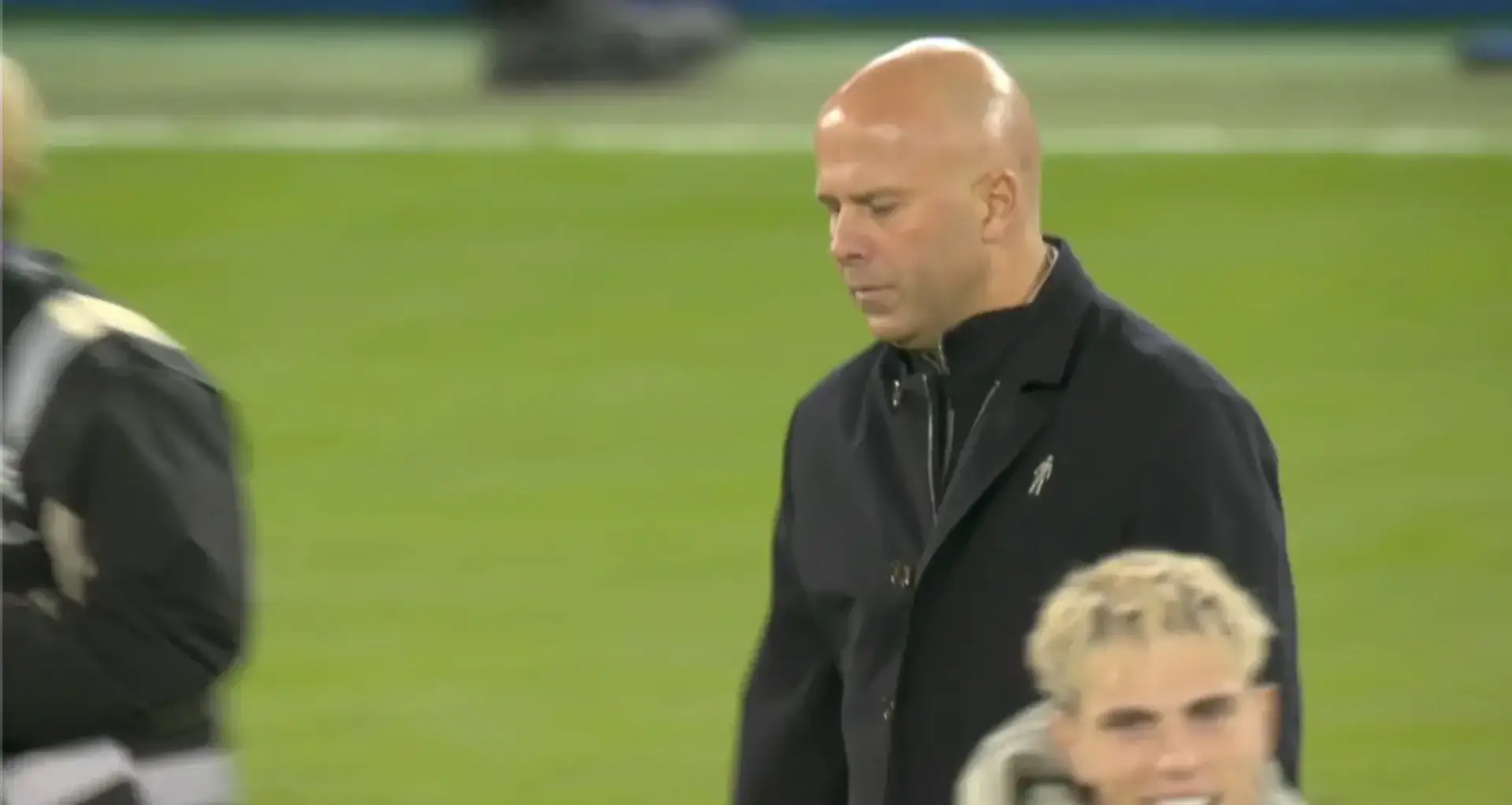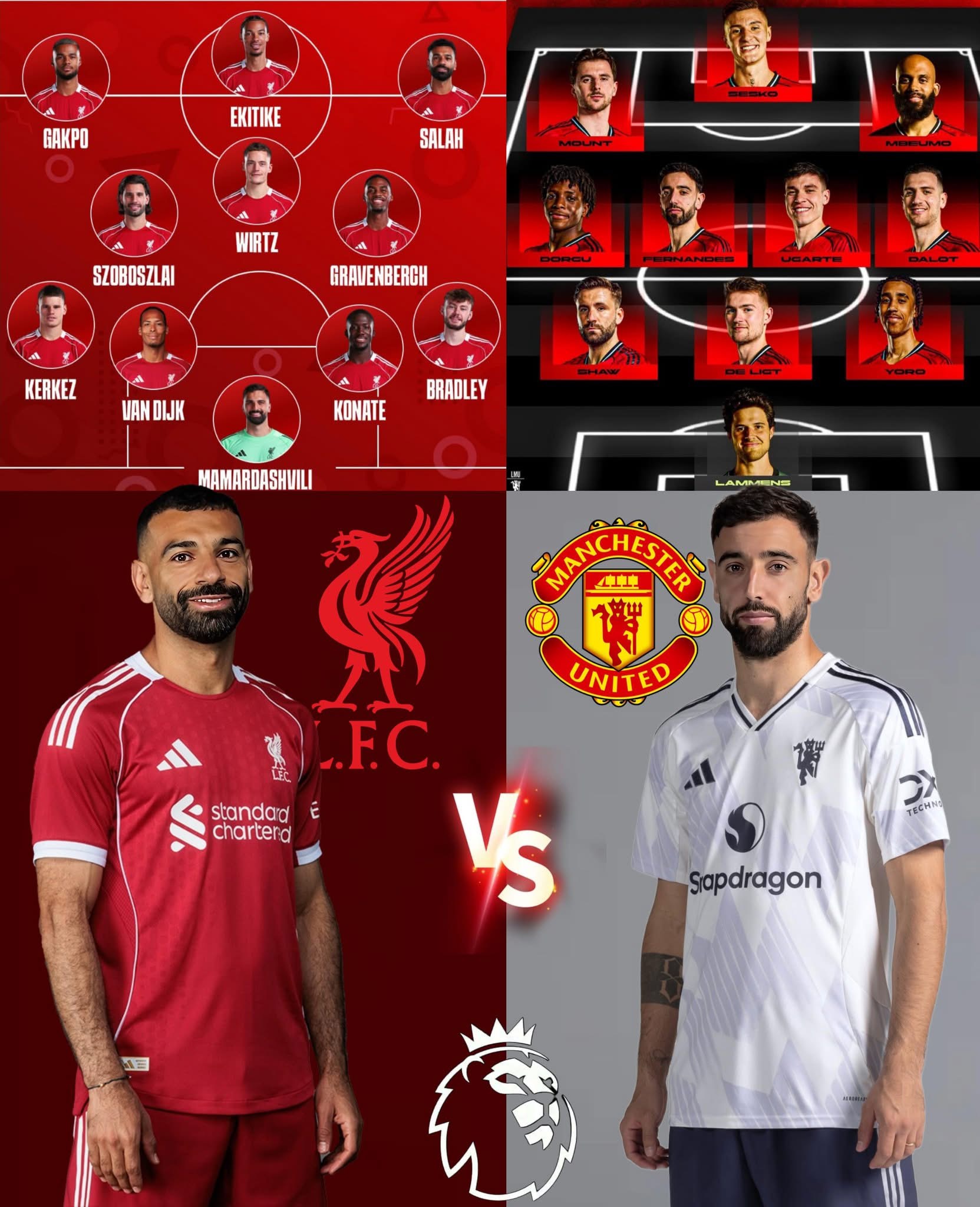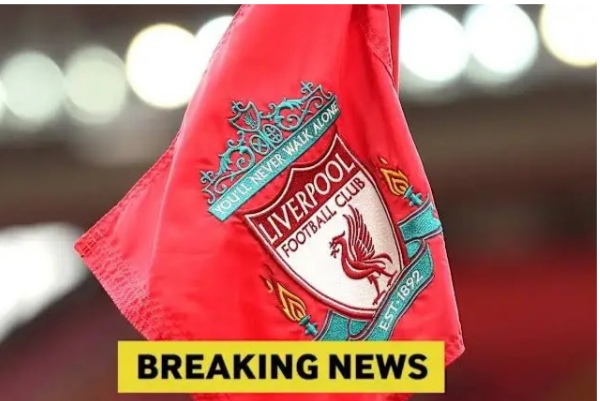Liverpool’s Season of Grief: Remembering Diogo Jota and the Heart Behind the Badge
This season has been one of the most painful in Liverpool’s modern history. When the heartbreaking news of Diogo Jota’s death emerged in July, the football world froze. It didn’t seem real — a man so full of life, laughter, and energy suddenly gone. For Liverpool, it wasn’t just the loss of a talented forward; it was the loss of a brother, a teammate, and a part of the club’s heartbeat. Though the game moves on, the pain remains quietly etched into every corner of Anfield.
Former Manchester City defender Nedum Onuoha recently opened up about the emotional reality Liverpool’s players are living through. Speaking from experience, Onuoha reminded everyone that grief doesn’t fade when the whistle blows. It lingers in the background of every training session and every game. Having lost his mother during his playing career, he knows firsthand how hard it is to perform while carrying deep pain. His empathy shed light on what players like Virgil van Dijk, Andy Robertson, and Trent Alexander-Arnold are enduring as they continue to play through heartbreak.
Under Arne Slot, Liverpool began the season brightly, winning their first five games with style and confidence. It looked like football might help heal the wounds. But then came three consecutive losses — performances dulled, energy faded, and something intangible seemed missing. To outsiders, it looked like a tactical issue, but to those who understand emotion, it was clear: this was grief at work.
Speaking emotionally on BBC Radio 5 Live, Onuoha reflected on how losing his mother had changed his connection to football. “After she passed, I didn’t enjoy the game in the same way,” he admitted. “The highs didn’t feel the same, and the lows didn’t hurt as much. Something inside you changes.” He explained that the hardest moments were the silent ones — sitting in the car after training, remembering the person who was gone.
At Liverpool’s AXA Training Centre, reminders of Jota are everywhere. His locker stands untouched, his laughter no longer fills the hallways. “You can’t walk into that place and not feel his absence,” Onuoha said. “He was probably the kind of person who lifted everyone’s mood — and when that light goes out, the room feels darker.”
Jota’s energy and positivity had been vital to the team’s bond. His sudden absence created a void that no tactics or new signings can fill. “Maybe they hyped each other up before games or shared a post-match laugh,” Onuoha said. “Losing that connection makes everything harder.”
Van Dijk, who was especially close to Jota, has carried an emotional weight all season. He led tributes at Jota’s funeral, his tears captured by cameras as he stood over his friend’s coffin. Since that day, his tone and demeanor have changed — slower, softer, more reflective.
Onuoha made an important point: tragedy doesn’t always inspire teams to play better. “People think it’ll make you stronger,” he said, “but often, it just makes things tougher.” For Liverpool, grief hasn’t been a source of motivation — it has been an invisible weight, draining the joy from their game.
Even in victory, the team’s celebrations have felt subdued. At every home match, fans rise in the 20th minute to sing Jota’s name — a powerful tribute that brings both pride and pain. “You remember his empty locker, the number that no one wears anymore,” Onuoha reflected. “The memories are everywhere.”
The truth is, grief never fully leaves. It simply becomes part of daily life. For Liverpool’s players, it means learning to smile, fight, and win again while carrying the memory of their friend.
After Jota’s passing, tributes poured in from across the football world. Yet for those closest to him, the real struggle began afterward. Training resumed, but the dressing room felt colder. One seat remains empty — his shirt unworn, his number retired. Silence tells the story now.
New manager Arne Slot has handled the tragedy with empathy, urging patience and understanding. But football is unforgiving — results matter more than emotion to many critics. After three straight defeats, questions were raised about motivation and mentality. Yet, as Onuoha reminded everyone, sometimes it’s not about hunger — it’s about heartbreak.
Grief doesn’t follow deadlines or calendars. It takes time — and for Liverpool, it has only been a few months. Some players hide their pain behind smiles, while others stay quiet. Van Dijk leads with calm strength; Robertson holds the group together; and Trent, still young, wrestles silently with his emotions.
The fans, ever loyal, have become Liverpool’s greatest source of strength. The banners, the songs, the chants — they all remind the players that Jota’s spirit still lives within Anfield. And through that love, hope flickers.
Because that’s what Liverpool has always represented — hope even in sorrow. Jota would have wanted his teammates to fight on, to play with passion, to sing his name with joy. And that’s exactly what they’re doing. Every tackle, every goal, every point earned is a tribute to him.
Liverpool’s journey from pain to healing will take time. But one day, the laughter will return to the dressing room. The team will find its rhythm again. They’ll move forward — not by forgetting Jota, but by carrying him with them.
When they touch the “This Is Anfield” sign, they’ll think of him. When they point to the sky after scoring, it’ll be for him. His name will always echo in the stadium, reminding everyone that at Liverpool, even in grief — they never walk alone.







